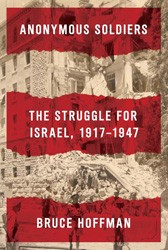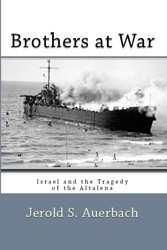Tony Judt, who died recently from complications of amyotrophic lateral sclerosis (A.L.S.), also known as Lou Gehrig’s Disease, was a polarizing figure among many in the Jewish community because of his views on Israel. Following his graduation from King’s College, Cambridge, he volunteered as an auxiliary with the Israeli Defense Forces during the Six-Day War, acting as an interpreter for other volunteers in the newly conquered Golan Heights. There he lost faith in the Zionist mission and began to see Israel as a malign occupying power whose self-definition as a Jewish state, he later argued, made it “an anachronism.” In 2003, Judt, one of the country’s outstanding public intellectuals, placed himself in the midst of a bitter debate when he outlined a one-state solution to the Israel-Palestinian conflict in The New York Review of Books, proposing that Israel accept a future as a secular, bi-national state in which Jews and Arabs enjoyed equal status.
Thinking the Twentieth Century is the end product of a series of conversation with historian Timothy Snyder, the author of Bloodlands, written in the final months of Judt’s life, when he had lost all control of his body movements. The book reflects Judt’s impressions, both as a Jew and as an intellectual, of the ideas and events that shaped twentieth century thought, as well as his reflections on the controversy stirred up by his remarks about Israel. Judt’s last book is a thoughtful and important contribution to our understanding of one of history’s bloodiest centuries.
Nonfiction
Thinking the Twentieth Century
- Review
By
– May 25, 2012
Jack Fischel is professor emeritus of history at Millersville University, Millersville, PA and author of The Holocaust (Greenwood Press) and Historical Dictionary of the Holocaust (Rowman and Littlefield).
Discussion Questions

Jewish literature inspires, enriches, and educates the community.
Help support the Jewish Book Council.



